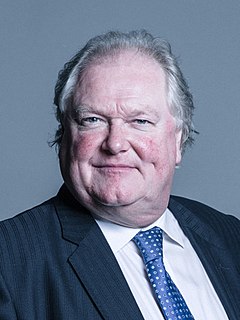A Quote by Muhammad Yunus
By simply capitalizing on core strengths and knowledge, companies and entrepreneurs can engage in an emerging business model that will enable them to create - and demonstrate - real, sustainable social impact in society.
Related Quotes
Education as a democratic project always presupposes a vision of the future in its introduction to, preparation for, and legitimation of particular forms of social life. It is utopian in its goal of expanding and deepening the ideological and material conditions that make a democracy possible. As a moral and political practice, education produces the modes of literacy, critique, sense of social responsibility, and civic courage necessary to imbue young people with the knowledge and skills needed to enable them to be engaged critical citizens willing to fight for a sustainable and just society.
In 'Birth,' I explore the nature of the new world we are approaching with my business-spiritual model, a new model for a new world. This view will enable individuals, companies and even nations to move from collapse to positive change, and bring together the spiritual and the material, giving birth to a new future.
This is about putting education absolutely in the centre of enterprise and then using the traditions of Birmingham to inspire and grow. If you have knowledge and business linked together you will grow well, you go further down the innovative path and actually you create more and more jobs. Those jobs will only be available for people with skills but they will be real sustainable employments. That is how important innovation is.
In general, an asset should be sold when it has greater value to a buyer. This happens when a buyer has a complimentary business or capability that would enable them to do more with that business. Many businesses we have exited were not failures, but had simply reached a point in their life cycle where they no longer provided a core capability or served as a platform for growth.
I think that we can all learn from what smart companies are doing. My objective is to demonstrate what's possible, even during tough economic times. This is a period of great business dislocation, but that means it's also the time to try new things. This will be a challenge for existing companies. But the behaviors of smart companies can be learned.


































